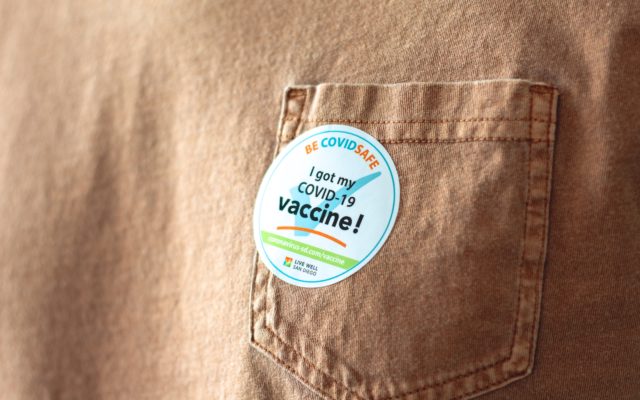
March is Colorectal Cancer Awareness Month
March is colorectal cancer awareness month, so we’ve put together some interesting facts to help arm you with the information you need to stay on top of your colorectal health!
(1) Colorectal cancer is the third most common in the U.S. As the second leading cause of cancer-related death, this is a disease that kills over 50,000 people every year.
(2) 10% of new colorectal cancer patients are under age 50. Although the average diagnosis is in patients between the ages of 68-72, diagnosis in younger patients is on the rise.
(3) There has been a 51% increase in patients diagnosed in the 20-49 age range since 1994.
(4) As with most diseases, your family history matters! 10% of the population has a first degree relative with colon cancer. If this is you, it’s recommended that screenings start at age 40 or 10 years earlier than the age at which your relative was diagnosed.
(5) Hereditary nonployposis colon cancer (HNPCC) is a genetic mutation that causes about 2% of all colon cancer cases. Most individuals with the HNPCC gene develop colon cancer, with 35-40% being diagnosed before age 40.
(6) If you have ulcerative colitis or Crohn’s disease, this can increase your risk of developing colon cancer over time. The good news is that your doctor can make sure that you’re screened on a regular basis in order to help with early detection.
(7) Other factors that increase your risk include certain diets, inactivity and obesity, smoking, heavy alcohol use, and your racial and ethnic background.
(8) Knowing the warning signs can save your life. Symptoms include rectal bleeding, unexplained weight loss, weakness/fatigue, nausea/vomiting, diarrhea/constipation, bowel never feels empty, bloody stool, cramps/gas/pain/feeling bloated.
The key takeaway here is to be open with your physician and initiate the discussion if you feel you’re at an increased risk of colorectal cancer or if you notice the onset of any of the above symptoms. You know your body better than anyone else. If something doesn’t seem quite right, don’t wait six months to talk to your physician. Make an appointment with your provider today.
Click here to learn more about colorectal cancer.

